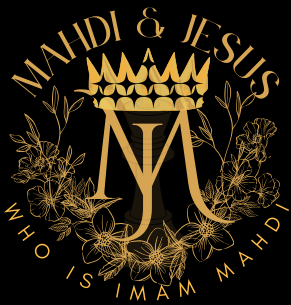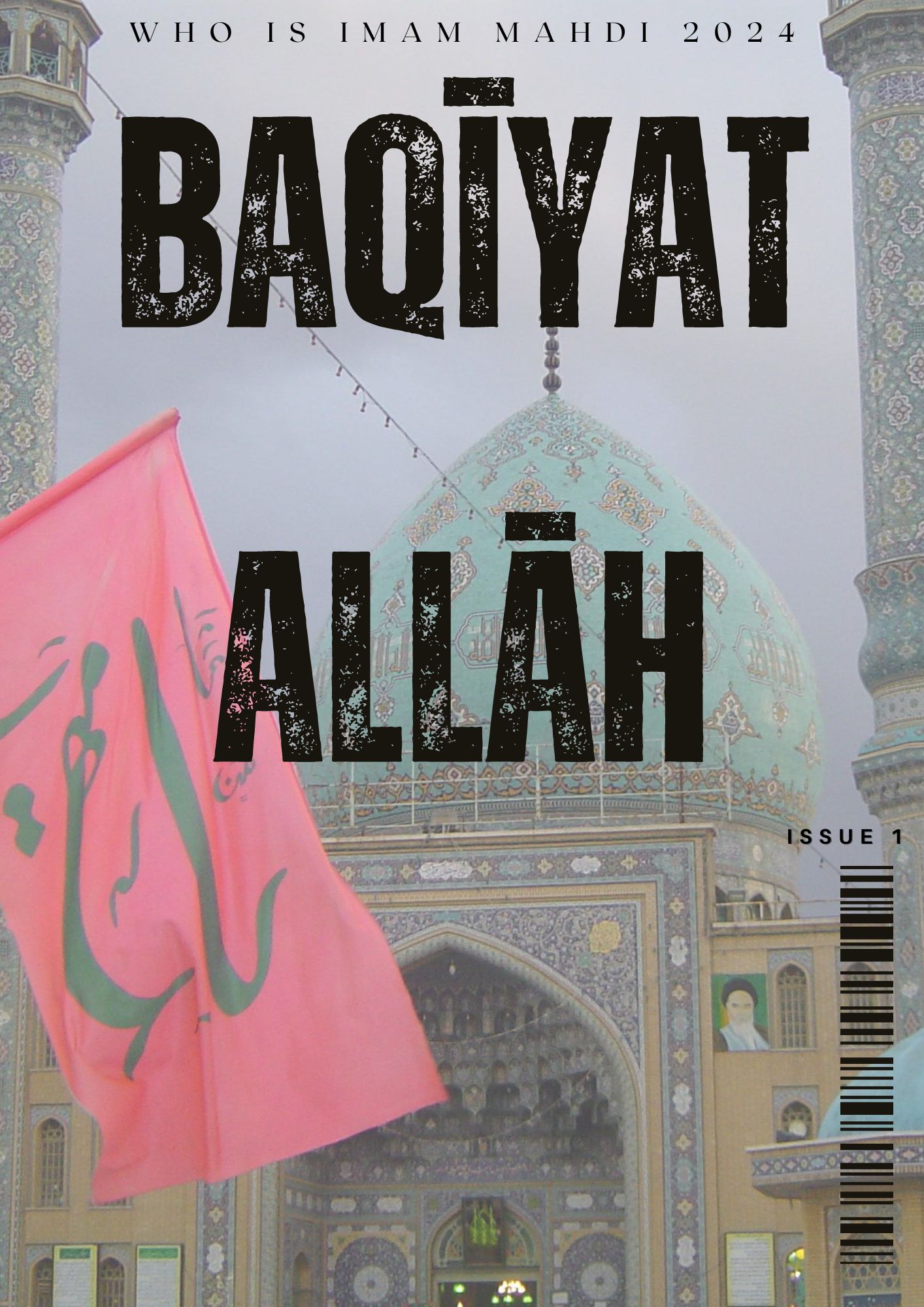Ghaibat Nomani: It is narrated from Abdul Wahid bin Abdullah from Muhammad bin Ja’far from Ibne Abil Khattab from Muhammad bin Sinan from Muhammad bin Yahya Khathami from Zaris from Abu Khalid Kabuli that he said:
When Imam Zainul Abideen (a.s.) passed away, I came to Imam Muhammad Baqir (a.s.). “May I be your ransom,” said I, “you have known my dedication to your father and my affinity towards him, and my reclusion from the people.” “You spoke the truth, Abu Khalid,” he said. “What do you want?” “May I be your ransom,” I said, “Your father has described the ‘Master of this Affair’ to me with specific qualities that should I see him on a trail, I would hold his hand.” He said: “Abu Khalid, what do you want then?” “I want you to tell me his name, so I may recognize him by his name.” “You have inquired from me, by Allah, Abu Khalid, about a question of great caution.” He said: “You have asked me of a subject that if I were to talk to anyone about it, I would speak to you. You have asked me of a subject that should the children of Fatima recognize him, they will crave to cut him piece by piece.” 1
Ghaibat Nomani: It is narrated from Saad from Muhammad bin Ahmad Alawi from Abu Hashim Ja’fari that he said:
I heard Imam Ali Naqi (a.s.) say, “My successor after me is my son, Hasan. What will your condition be regarding his successor?”
I asked, “Why so, may I be your ransom?” He said: “Because you will not see his person, nor is it permissible for you to mention him by his name.” “So how are we to mention him?” I asked. “Say the Hujjah from Ahle Bayt (a.s.), blessings of Allah and His greetings be unto him.”
Shaykh Saduq narrates an identical narrative on the authority of Ibne Walid from Saad. Ghaibat Tusi narrates the same from Saad. Kifayatul Athar narrates the same through another chain from Saad.
The author says: In some traditions mentioned before, his holy name has been explicitly mentioned. Shaykh Saduq says: This tradition has come like this, mentioning the name of the Qaim (a.s.); however, my belief is that forbiddance of mentioning his holy name is binding. 1
Tauhid: Daqqaq and Warraq have narrated from Muhammad bin Harun Sufi from Rauyani from Abdul Azeem Hasani from Imam Naqi (a.s.) that he said about Qaim (a.s.):
“It is not permissible to mention him by his name until he rises and fills the earth with equity and justice as it will be full of oppression and corruption.” 1
Ikmaaluddin: Ibne Idris has narrated from his father from Ayyub bin Nuh from Muhammad bin Sinan from Safwan bin Mahran that Imam Ja’far Sadiq (a.s.) said:
“The Mahdi is from my sons, the fifth from the sons of the seventh. His person will disappear from you and it is not permissible for you to mention him by his name.”
Another tradition is mentioned in Ikmaaluddin on the authority of Ibne Abi Yafur from Imam Ja’far Sadiq (a.s.). 1
Ikmaaluddin: It is narrated from Hamadani from Ali from his father from Muhammad bin Ziyad Azdi from Musa bin Ja’far (a.s.) that he said when the Qaim (a.s.) was mentioned:
“His birth will be hidden from the people and it will not be permissible for them to mention him by name until Allah, the Exalted, manifests him, and He fills the earth through him with equity and justice as it will be full of inequity and oppression.”
The author says: These instructions explicitly refute the assertion that such forbiddance is specific for the time of the Minor Occultation, an argument based on hunches and illusions. 1
Ikmaaluddin: It is narrated from Sinani from Asadi from Sahl from Abdul Azeem Hasani from Imam Muhammad Taqi (a.s.) that he said:
“Qaim is the one whose birth will be hidden from the people, his person will disappear from them, and it will be forbidden for them to mention him by his name. He has the same name and patronymic as the Messenger of Allah.” 1
Ikmaaluddin: Shaykh Saduq has narrated from his father, Ali bin Babawayh and his teacher, Ibne Walid Qummi both narrate from Himyari, saying:
“I was with Ahmad Ibne Ishaq in the presence of Amari. I said to Amari, “I ask you about a subject, as Allah, the Exalted, has said in the story of Ibrahim, Do you believe not? He said: Yes, but in order to satisfy my heart. Have you seen my Patron?” He said: “Yes, and he has a neck like this,” pointing with both of his hands to his own neck. “And the name?” I asked. “I warn you not to seek that, because the Ahle Sunnat believes that this progeny has been cut off,” he said. 1

